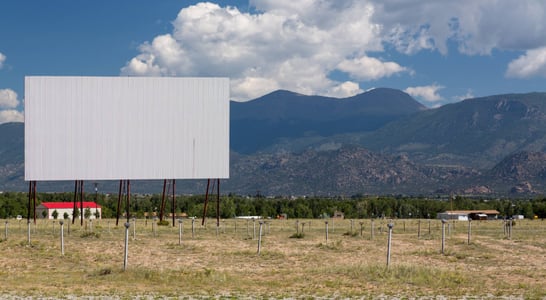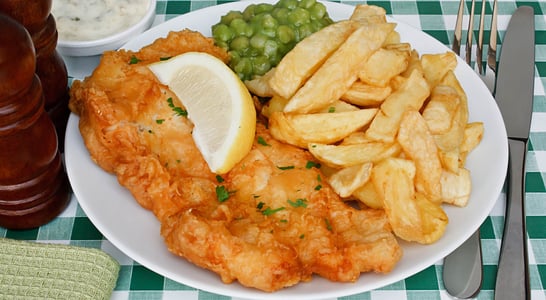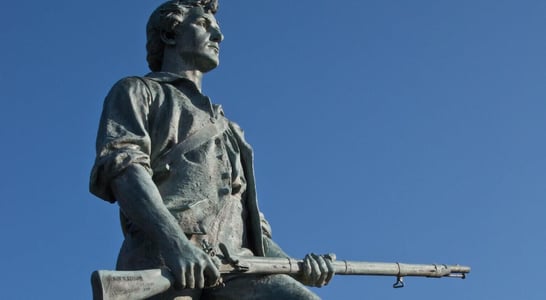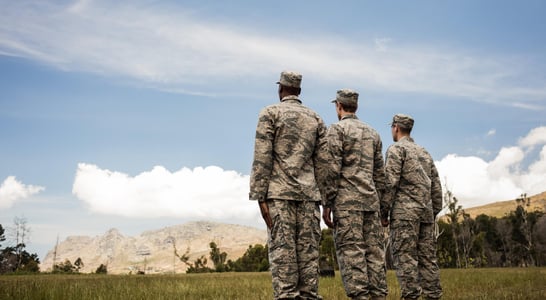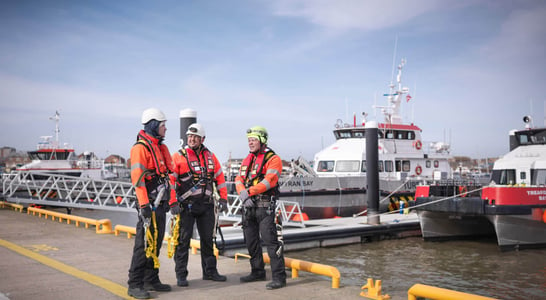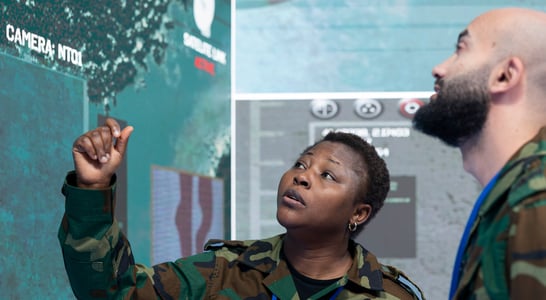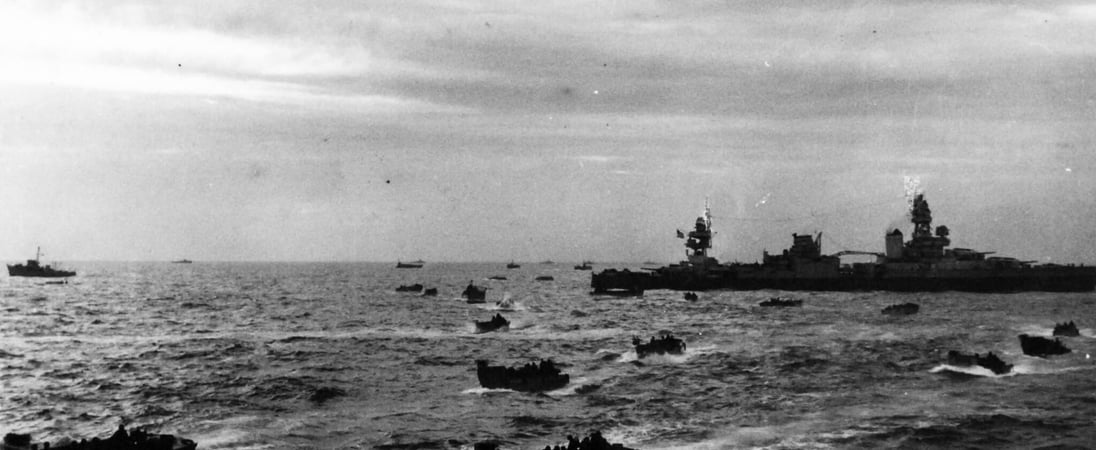
D-Day
On this day, Allied forces launched a massive invasion of Normandy, France during World War II, resulting in a pivotal victory that helped turn the tide of the war.
Anyone familiar with the history of World War II knows the significance of D-Day as the largest invasion force in the history of mankind.
Taking place on June 6th, 1944, this date is celebrated as the beginning of the end of the war in Europe, since the invasion of northern France marked the turning of the tides in favor of the Allied forces.
A year after D-Day, the Allies secured Germany’s surrender, effectively ending the war and restoring peace across the European continent.
How to Observe D-Day
This day is not a public holiday, but it is observed in many countries, particularly those who participated in the war, as a date to remember and commemorate the fallen soldiers who fought in this battle.
Join a Tribute Event
Many towns in the Normandy region that are close to the beaches organize the D-Day Festival and hold ceremonies to pay tribute to the soldiers. There are also concerts, parades and a firework display during this day.
Visit a Museum
Since it can be an opportunity to teach younger generations about these events, there are a number of museums and remembrance sites to visit as well as guided tours of the landing beaches to learn more about such an important moment in the recent history of the world.
What Does D-Day Stand For?
In U.S. military terms, “D-Day” was an Army designation that indicated the first day of any specific field operations.
In the case of D-Day, the “D” doesn’t actually mean anything—it’s nothing but a repetition of the first letter in “day.” General Dwight Eisenhower (1890–1969) was in charge of this operation; he would later become the 34th U.S. President.
The actual name of the operation behind the invasion of northern France was “Operation Overlord,” which later became known as the “Battle of Normandy,” as it took place in this coastal region of France.
History of D-Day
On this date in 1944, almost five years after the beginning of WWII, the Allied countries (mainly the United States and the United Kingdom) planned and executed one of the largest invasion operations in history. The operation included more than 5,000 vessels and nearly 160,000 American, British and Canadians troops.
In the early hours of June 6th, the Allied forces crossed the English Channel and landed in the beaches of Normandy, France. Their goal was to gain back the land taken by the German Army and liberate Nazi-occupied France.
After a week-long battle in which both sides suffered many casualties, the Allies at last successfully secured the area, and doubled their numbers by bringing in more troops and equipment to continue the assault on French soil.
As the Allied armies pushed forward, the Germans, left confused and disorganized, without an effective strategy, started to pull back.
The enemies started to lose key points on land, such as bridges and ports, which gave the Allies their victory and helped them secure the release of France. This date was a turning point in WWII, since it gave the Allied forces the foothold they needed to beat Germany, who surrendered a year later.
D-Day FAQs
Did weather forecasts influence the timing of D-Day?
Yes, meteorologist James Stagg advised General Eisenhower to delay the invasion by a day due to bad weather. This decision was crucial for the operation’s success.
Were any famous individuals involved in the D-Day invasion?
Notable figures like author J.D. Salinger, actor Henry Fonda, and baseball player Yogi Berra participated in the invasion, contributing to the war effort.
What role did deception play in the success of D-Day?
The Allies executed Operation Bodyguard, a series of deceptive tactics including fake equipment and misleading radio transmissions, to confuse German forces about the invasion’s location and timing.
How did the Allies prepare the Normandy beaches for the invasion?
Specialized teams conducted secret nighttime surveys to assess beach conditions, gather sand samples, and identify German defenses, ensuring the landing zones were suitable for the assault.
Did any women contribute to the D-Day operations?
Women played vital roles as codebreakers, cartographers, and radio operators, providing essential support that contributed to the success of the invasion.
What was the significance of the ‘Hobart’s Funnies’ during D-Day?
These were specialized tanks designed to overcome obstacles on the beaches, including floating tanks and bridge-laying vehicles, enhancing the effectiveness of the landings.
How did the French Resistance assist during D-Day?
The French Resistance sabotaged German communications and transportation networks, disrupting enemy responses and aiding the success of the Allied landings.
Were there any unique methods used to gather intelligence for D-Day?
Allied forces employed midget submarines to secretly survey the Normandy beaches at night, collecting crucial information on German defenses and beach conditions.
How did the Allies ensure operational security leading up to D-Day?
Strict secrecy measures were enforced, including censorship and misinformation campaigns, to prevent any leaks that could alert German forces to the impending invasion.
What was the impact of the D-Day invasion on the outcome of World War II?
D-Day marked the beginning of the end for Nazi Germany, leading to the liberation of Western Europe and ultimately contributing to the Allied victory in World War II.
Also on ...
View all holidaysNational Donut Day
Stop by Krispy Kreme, Dunkin’, wherever you get your donuts and grab a selection for friends, family, coworkers, and of course, yourself.
National Drive-In Movie Day
Bring snacks and drinks, comfy blankets, and of course your car and go see a new or old favorite movie at your local drive-in, from the comfort of your car.
National Fish and Chip Day
Go out and get some slightly (or very) greasy, tasty fish and chips. Even in America, the stereotypical UK meal has taken root, and can be found everywhere.
World Green Roof Day
See if you can create an environmentally-friendly, plant-filled space on your roof for Green Roof Day. Snap some pictures and spread the word about its benefits.

